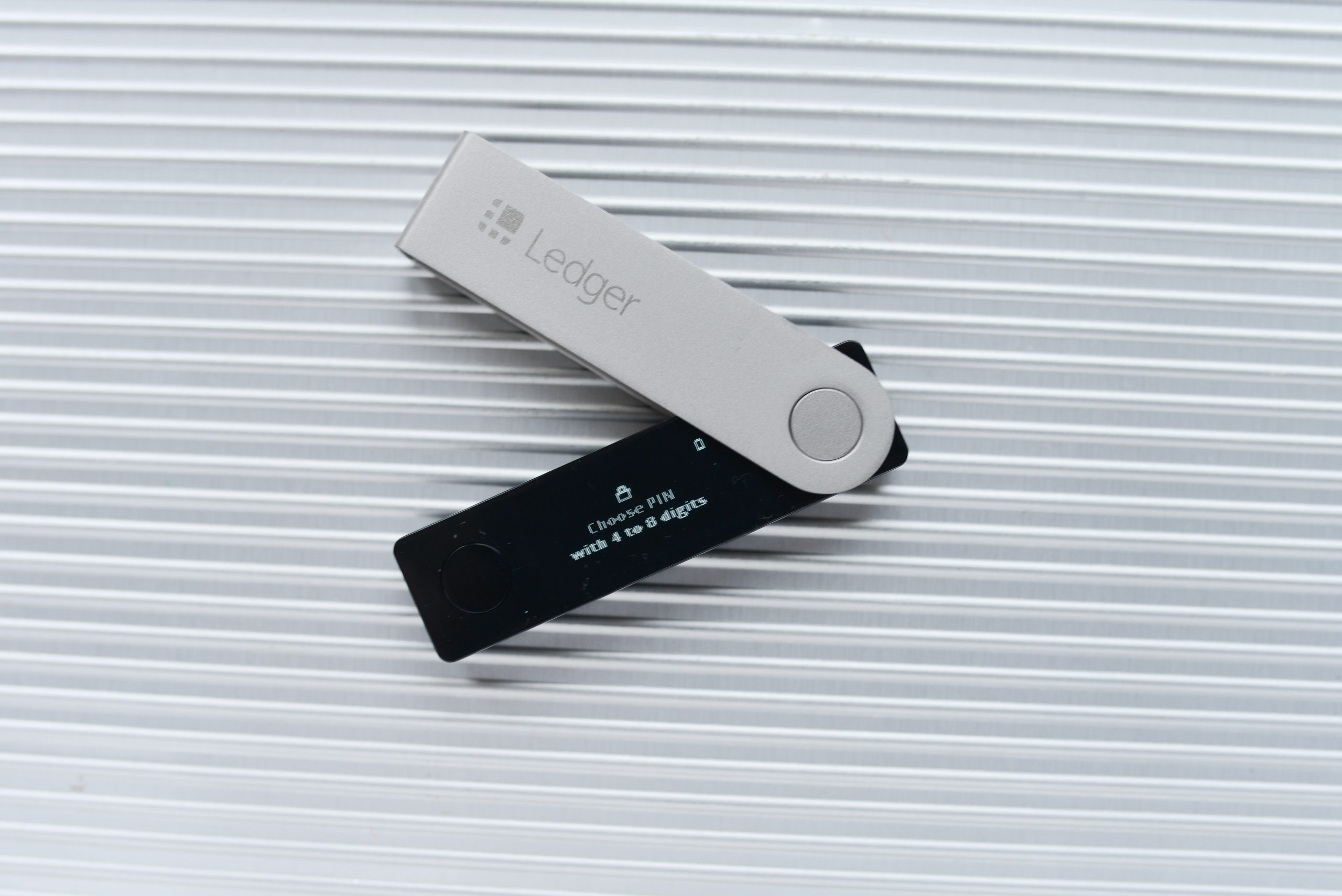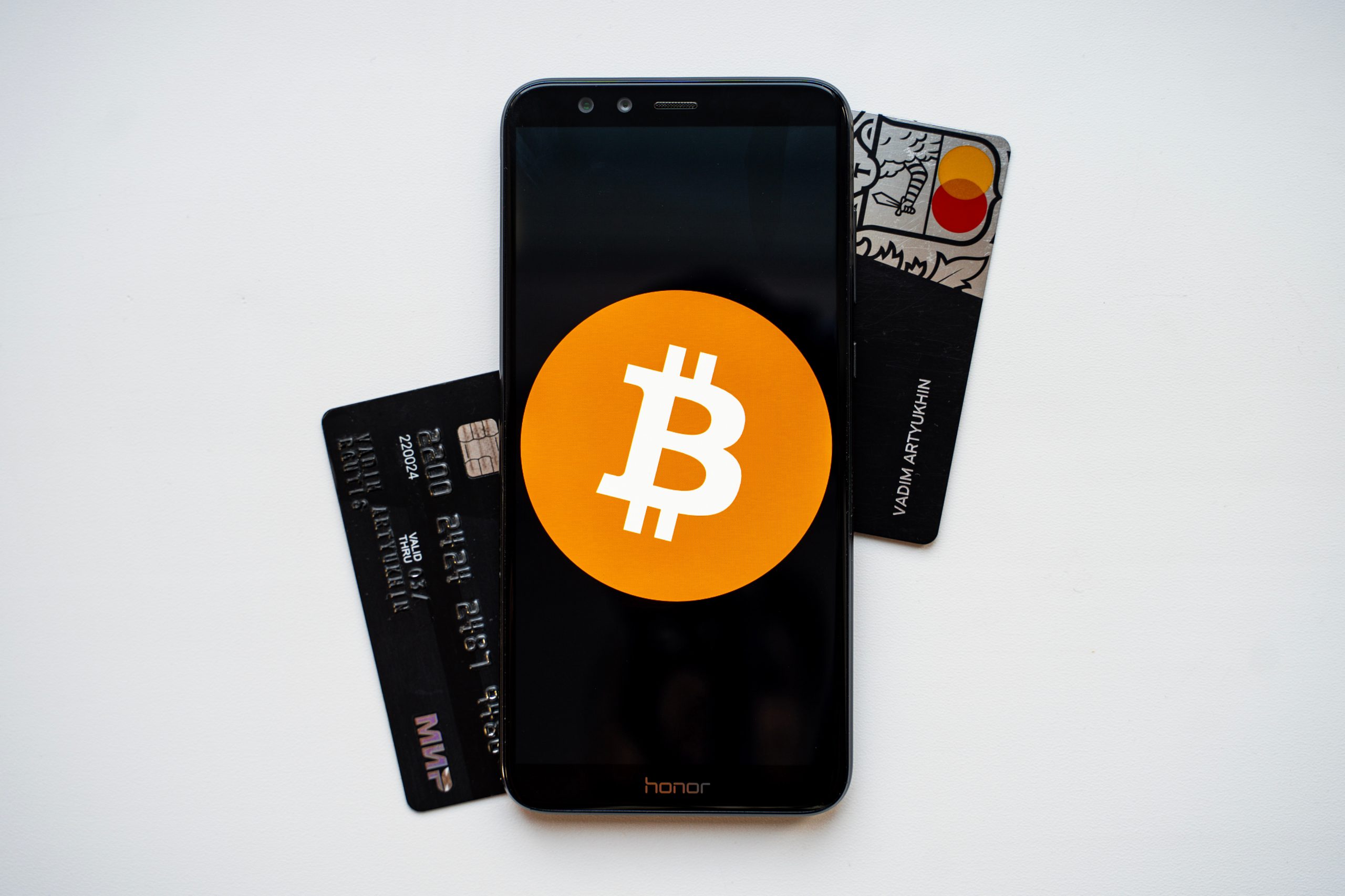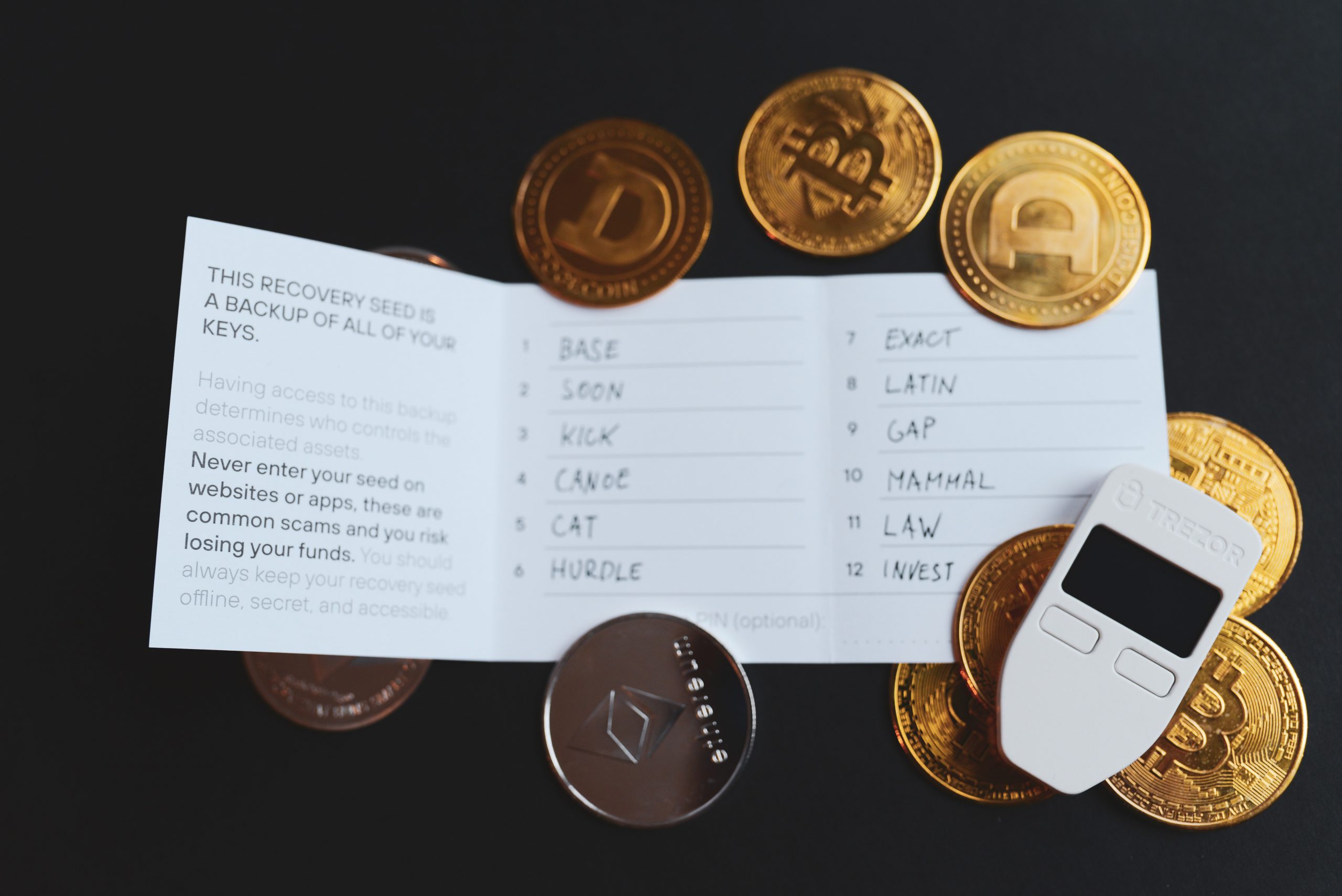The Best Ways for Progressive Investors to Keep Their Crypto Safe
Jack Choros
Content Marketing
Safety. It’s a fundamental human need. One piece of knowledge that experienced crypto investors share with new investors relates to how to keep their funds safe. The last thing an investor wants is to lose all their hard-earned crypto in a hack or be locked out of their wallet.
After all, Bitcoin and other cryptos allow you to be your own bank. That’s an empowering idea. However, with great power comes great responsibility and being your own bank means being responsible for the security of your crypto.
How you choose to store your crypto depends on your individual needs, purpose, convenience, and availability. Whether you hold Bitcoin, Ethereum, Litecoin, NFTs or any of the thousands of altcoins trading on the open market today, there are various storage options for day traders and HODLers of each asset.
Even though the crypto space is advancing at lightning speed, the methods available for storing crypto remain relatively unchanged.
If you haven’t guessed it yet, this week’s Netcoins Progressive Investor is all about keeping your crypto assets safe. It’s essential for investors, both new and experienced, to review their security practices as we gear up for what could be another big year for crypto.

Custodial Wallets vs. Non-Custodial Wallets
Like any other industry, cryptocurrency requires learning the language that is commonly used. If you’re new to crypto, you’ll find yourself trying to determine which type of wallet is the best to have: a custodial wallet or a non-custodial wallet. Let’s go over their differences.
Custodial Wallets
A custodial wallet means the account holder entrusts the private keys attached to their crypto assets to a trusted third-party service. A simple Google search makes it easy to find several of services where investors can buy, sell, trade, withdraw, deposit and store their cryptocurrency without having to store their 12 or 24 pass phrases. Perhaps that Google search landed you here at Netcoins.
Custodial wallets give you the convenience of having someone else take care of your assets. Jumping through some security hoops (like connecting a two-factor authentication app to your wallet) is a best practice that gives you an added layer of security to steer clear of hackers.
Non-Custodial Wallets
Non-custodial wallets can be intimidating for new investors considering the responsibility placed on the wallet owner.
Makes sense. Countless stories are floating around the internet of unlucky crypto holders whose funds are lost on some discarded hard drive. They can’t find their hard drive or the private keys that go with their crypto.
However, they play a critical role in keeping your crypto safe. A non-custodial wallet’s main benefit is that your crypto is always yours, and you are the sole owner. You maintain complete control of the movement of your funds. This is a big responsibility, but it is all worth it in crypto. For most HODLers, a non-custodial wallet is likely the best choice.

Which Type of Non-Custodial Wallet Is Best?
HODLERs are in it for the long run. They are less likely to sell their positions during big swings in the market. As a HODLer, your strategy is to ride out the ups and downs no matter what. If you choose to HODL you have a few non-custodial wallet options available to you: a web wallet, a paper wallet, or a hardware wallet.
Web Wallets Provide Convenience and Safety
Web wallets are a user-friendly storage method, usually provided by an app or exchange. These types of wallets are vulnerable to hacks as they are accessible online. DeFi investors use web wallets, usually in the form of a browser extension, since they enter and exit positions using smart contracts and web plugins like MetaMask.
Never store digital assets on an exchange for longer than necessary as it is the least secure way to hold onto crypto investments. Hacks are always a possibility on exchanges, so it is best to mitigate any potential risk and move funds to safety. Apps are not as risky but can still be dangerous. Don’t store large amounts of crypto on them for too long.
Whether you decide to store your digital assets on an app or an exchange, always keep your PIN, passwords, and 12 or 24-word seed phrases private and secure.
A web wallet allows for trading and HODLing on one convenient platform. While storing crypto on a website or mobile app is also easy, remember there is always a risk involved with keeping your funds on a wallet connected to the internet or a server.
HODLers using a hardware wallet sleep a little better at night knowing their funds are offline.
Hardware Wallets Are The Safest Way to Store Crypto
Investors can safely and securely store their crypto on a hardware wallet, a physical USB key like a Trezor or Ledger Nano S. Storing your cryptocurrency on a physical wallet keeps your assets offline and not on exchanges or digital wallets where they are subject to potential hacks.
Hardware wallets also have private keys, 12 or 24-word passwords, and separate PINs for the device itself that act as an additional security wall. Owners of hardware wallets must sign transactions by physically using their hardware wallet as a means to ensure the person in control of the wallet is signing transactions to be confirmed on the blockchain.
The most considerable risk in using hardware wallets is to forget one’s PIN or misplace the passphrase, potentially exposing your keys to someone else or having your funds locked up forever.
The great thing about storing crypto both on web and hardware wallet is that you will always be able to access your funds with your passphrase, even if you misplace your passphrase and find it in the attic years later, or lose the hardware key (provided you have your PINs and pass phrases memorized, you can buy a new key and still access your funds).
Remember, there is no single method of storing your crypto that is the best for everyone. It all depends on your individual preferences.

Investors Using a Combination of Wallets
Investors who are actively trading market bullish pumps and bearish dumps are more likely to use a combination of wallet types. A custodial wallet, like those at Netcoins, allows you to enter and exit positions and then send profits to your hardware wallet or cold storage for safekeeping when you’re done trading.
On the other hand, earning a profit in the DeFi world means having more flexibility and having a way to access web and hardware wallets simultaneously. How is this possible?
Investors using a web wallet can integrate their private keys on their hardware wallet, meaning transactions need to be signed using its physical functions. This added security ensures that only the hardware wallet can move funds around.
With DeFi exploding over the last two years, integrating the web wallet into the hardware wallet can be perceived as the ultimate self-custody experience trading experience.
Only Use Trusted Sites and Links
Now that we know some of the basics of keeping your crypto safe, there is one missing piece. How do you safely access platforms to purchase your crypto? After all, if you do not access these sources safely, do you own your funds?
Exchanges, wallets, and decentralized applications are the most common sources for crypto and NFTs. It is commonplace for these services to post directly on their homepage advising users to bookmark the landing page. That’s because not all search engine queries lead you to the right crypto projects, platforms, or contract addresses. Searching for a platform on Google can open an investor to mistakenly selecting a scam landing page that looks and feels like the original. This type of scam is called a phishing scam. You think you’re interacting with something that looks legitimate, but you’re entering information into a site that ends up right in the hands of scammers.
These search scams are becoming more abundant as the crypto space expands and new retail investors enter the space. In addition to bookmarking the correct pages, you can access proper links to crypto projects through trusted sources like CoinMarketCap.com or CoinGecko.com, and block explorers. Block explorers are a safe way to access smart contract details and DeFi applications.
Netcoins: Your Reliable and Trusted Source for All Things Crypto
Navigating to a service like Netcoins gives investors the ability to use all the above options with additional security methods to purchase crypto safely and store it securely. Netcoins make crypto easy and safe for everyone.
Sign up for your free Netcoins account today if you have not already done so. You can fund your account by depositing existing cryptocurrency, e-transfers, and more. Investors have the option to buy, sell, and trade crypto directly from Netcoins and then withdraw to their hardware wallet should they choose.
Finding trusted sources before making any crypto purchase is the first and most crucial step investors take on their crypto journey. Netcoins makes a trustless experience safe and convenient.
If you’re looking to purchase Bitcoin or other cryptocurrencies, buy Bitcoin with Netcoins. Netcoins is a fully regulated crypto trading platform in Canada.
Stay safe and crypto on.
Written by: Jack Choros
Writer, content marketing at Netcoins.